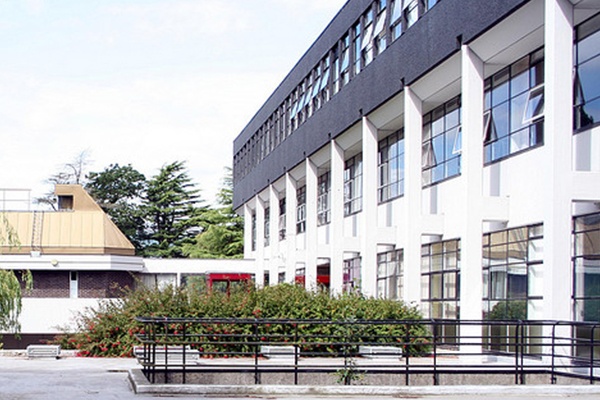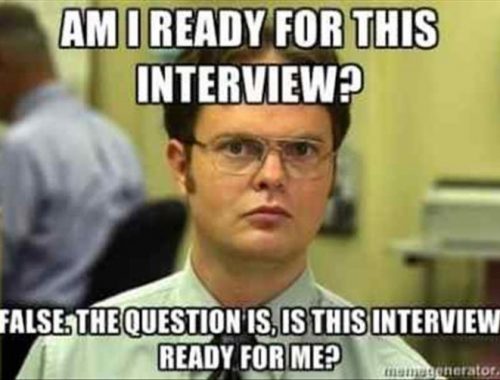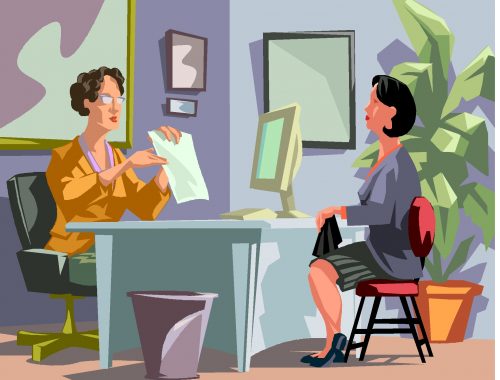So… What will I be doing today?
100 hours. 17 days. 8 weeks. And not a single moment was the same as another. This was one aspect that I didn’t quite expect when embarking upon my placement as a classroom assistant, at Victoria College, Belfast. Through deep analysis, I plan to use Borton’s model of reflection, to help me assess, and open up about my experience as part of the educational system.

What?
A question that continuously appeared during my thought processes in placement. What am I doing? What is expected? What is today’s challenge? As an aspiring drama teacher, wanting to specialise in teaching students with special educational needs, I wanted to experience working with a range of different students in my placement, with varying needs and educational challenges. Which is exactly what this job has allowed my to do.
From the moment I walked into the SENCO’s office, I was told that I would be working with pupils from first year, right through to sixth form. Becoming a SENCO has been a dream of mine for many years, but I am acutely aware of the strains and stress that accompany the job.
Research indicates that despite the revision of the Special Educational Needs Code of Practice in 2001, many SENCOs are still overwhelmed by the operational nature of the role with little support, time or funding to consider more strategic aspects of inclusion and SEN
(Cole, 2005)
To begin I was placed with a year eight for two weeks, who had severe autism. This was, on reflection, the most challenging student I worked with. They were dedicated to their work, and extremely smart, however their brain functioned differently to many of their peers. From tantrums when they got a question wrong in maths, to rude comments that they were unaware were offence, this pupil needed constant support and reassurance both educationally and socially.
A significant contrast to the year twelve pupil I worked with a few weeks later, who struggled with anxiety. This year 12 didn’t want their classroom assistant in the room with them, as they didn’t like the attention it drew to them. Therefore, I only got to work with them during their free periods, when we were one-to-one. The diversity in the students allowed me the opportunity to become more aware of different needs within school settings, and taught me how to over come individual challenges for students.
Each pupil may wear the same uniform, but no pupil is the same.

This was a realisation that I had during my drama placement too. Throughout the school day I had many opportunities to observe and assist during drama classes. The drama department, a place for people to let down their guard, and escape the stresses of life. This aspect of my placement brought many inspiring moments, when I watched students shine with talent, and truly enjoy themselves, including the pupils I assisted.
So What?
There are many lessons that I can gather from this process to further my understanding of both what this career entails, and how I am suited for the job. Let’s begin with the biggest lesson I learnt. To adapt. I did struggle to come to terms with the extent of support that my year eight pupil required. I was constantly tired, worried and overwhelmed when coming home from placement. This is when I realised what I was required to do, adapt. I had underestimated the emotional strain that accompanies working with children with special educational needs, and therefore had to figure out how to cope with it, whilst also being an effective assistant.
The key to success? Boundaries. I starting to be honest with myself about how much stress was acceptable. Staying up at night, worrying if my pupil was going to get their lines right in their drama exam tomorrow, may show compassion, but it is also unhealthy. I slowly learnt how to leave the stress of work at work, and balance it with my social life.
Teachers need to take a constructive attitude towards stress by adapting positively to the pressures stress generates, rather than an unthinkingly attempting to eliminate stress entirely.
(Styles and Cavanagh, 1997)
Once I had set these boundaries in place, my placement began to improve, and I started enjoying the process more. I had more time at home to reflect on my learning from each day of placement, going over the new challenges I had faced, and overcome. I started to create plans of action for each day. Plans that kept me on track, organised and balanced, such as how I would work with the student I knew I would be placed with the next day. What were their needs? In what way can I utilise my skills that I have learnt from both my placement and my degree to engage with them more? What will I do if things don’t go smoothly for the student?
Placement has taught me how to accept when things are out of my control and adapt my approach to suit what is happening.
Now what?
Teaching. That’s what. This placement has put me through my paces, and forced me to go above and beyond what I expected. However, that has not scared me away from teaching, but ratted inspired me to strive toward my career goals even more. With PGCE application deadlines approaching, I am more than ready to take the leap, and begin learning how to lead a younger generation to achieve their dreams.
Not one single day has been the same, but that is a positive aspect to placement. I haven’t been bored, or felt useless. Everyday that I enter the school, I am ready to make a difference in a pupils life, no matter how big or small that difference may be. I want to inspire and help people, so that the younger generations can go on to achieve great things.
So no, not a single moment has been the same as another, but that is why I have loved every second.

Bibliography
British Youth Music Theatre (2022). Victoria College, Belfast. British Youth Music Theatre.
Brown, J. (2020). Through a Glass Darkly: Learning to Reflect. JUICE. Available at: https://juice-journal.com/2020/03/09/through-a-glass-darkly-learning-to-reflect/ [Accessed 20 Nov. 2022].
Cole, B.A. (2005). Mission impossible? Special educational needs, inclusion and the re‐conceptualization of the role of the SENCO in England and Wales. European Journal of Special Needs Education, [online] 20(3), pp.287–307. doi:10.1080/08856250500156020.
Styles, K. and Cavanagh, G. (1977). Stress in Teaching and How to Handle It. The English Journal, [online] 66(1), p.76. doi:10.2307/814795.
Warnocks (2018). Victoria College 6th From Blazer. Warnocks.

The Pen Is Mightier Than The Sword
You May Also Like

“Fake it ‘til you make it!”: Finding Success in a Simulated Interview
22 February 2023
Working with a Production House
30 November 2022
